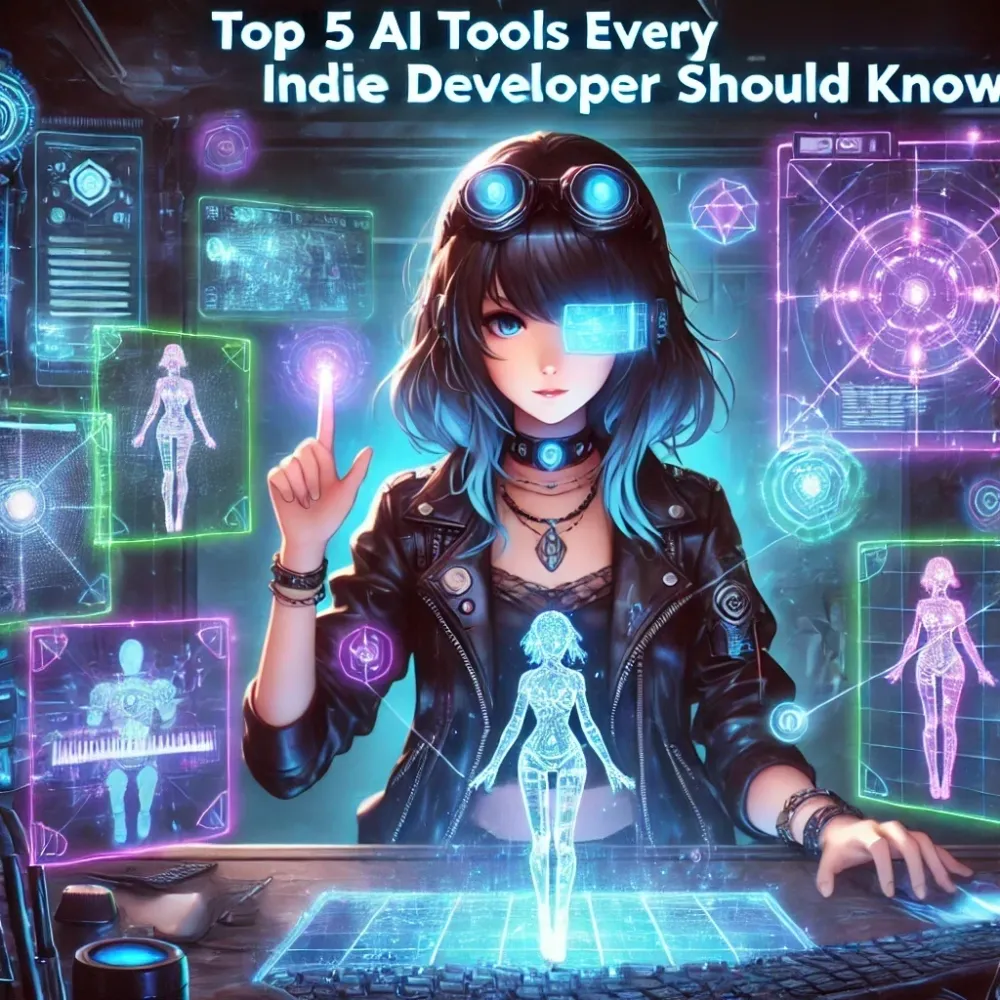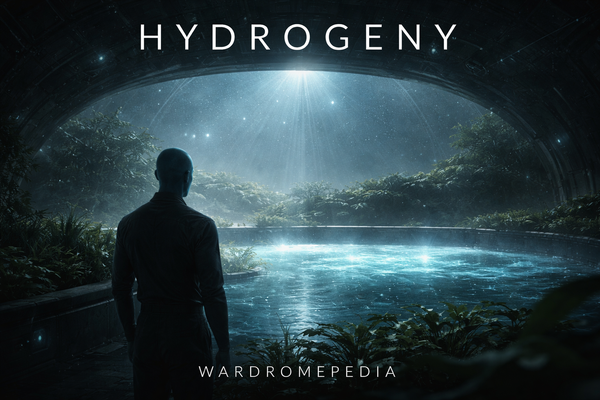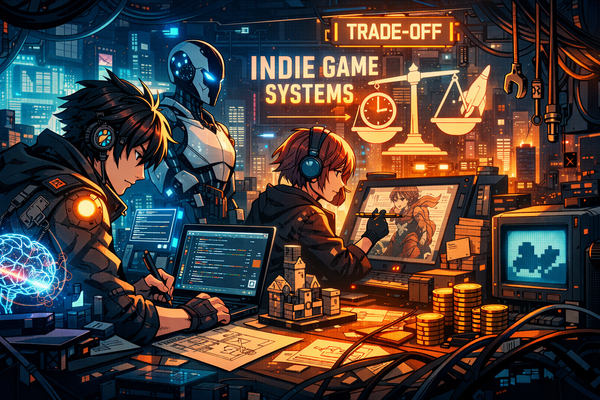Top 5 AI tools every indie game developer should know
In recent years, artificial intelligence has dramatically transformed game development, offering indie developers tools to streamline production and enhance gameplay. Whether it’s generating art assets or crafting dynamic soundtracks, AI saves time and boosts creativity. The right tools can significantly improve productivity and game quality. Here are five essential AI tools every indie game developer should know.
1. Suno
Website: Suno
Suno specializes in AI-generated soundscapes and music, enabling developers to integrate adaptive audio into their games. With Suno, creating dynamic music that shifts with gameplay becomes easy, enhancing player engagement. Whether you’re building a horror game or an adventure, Suno’s sound design brings worlds to life.
Key Features:
- Adaptive and dynamic music generation
- High-quality soundscapes for various genres
- Easy integration with popular game engines
- Procedural music creation for replayability
2. Leonardo.ai
Website: Leonardo.ai
Leonardo.ai is an AI art generator designed to help developers create stunning visuals and textures. For indie teams, it saves time by producing high-quality graphics quickly. From backgrounds to character design, Leonardo.ai turns visual ideas into reality, ideal for rapid prototyping.
Key Features:
- AI-generated art across different styles (fantasy, sci-fi, retro)
- Supports rapid prototyping
- Easy export to game development platforms
3. Tripo3d.ai
Website: Tripo3D.ai
Tripo.ai is an AI-powered platform designed to simplify 3D modeling by transforming images or text prompts into detailed 3D models. Its intuitive interface and advanced algorithms allow developers to quickly generate high-resolution models suitable for gaming, animation, VR, and more. Tripo is especially valuable for indie developers who may lack the resources for extensive manual 3D design, offering a fast and cost-effective way to create game assets.
One of Tripo's standout features is its ability to convert text descriptions into 3D models, providing developers with a versatile tool for quickly experimenting with design concepts. The platform also supports various file formats, making integration with other design software seamless.
Key Features:
- AI-Powered 3D Modeling: Generate models from either images or text descriptions within minutes.
- User-Friendly Interface: Accessible to users of all skill levels, with tools for refining models after generation.
- Versatile Integration: Models can be exported in multiple formats, ready for use in games, VR, and other applications.
- Speed and Efficiency: Reduces design time, allowing developers to focus on creativity rather than technical details.
Use Case: A developer can use Tripo.ai to quickly generate a detailed 3D model of a character based on a simple text prompt, then refine and integrate it into their game for an engaging visual experience.
4. Ludo AI
Website: Ludo AI
Ludo AI assists developers in brainstorming new game mechanics, themes, and stories by analyzing successful game elements. It helps indie developers innovate and create unique gaming experiences. For teams in early development, Ludo AI can suggest fresh ideas and insights into market trends.
Key Features:
- AI-driven game concept suggestions
- Market trend analysis and player preferences
- Prototyping tools for new ideas
5. Scenario
Website: Scenario
Scenario is an AI tool for creating procedural content, such as landscapes, dungeons, and quests. Indie developers can use Scenario to design expansive game worlds without manually crafting every detail. Its customizable settings ensure consistent styles, helping developers build replayable and dynamic worlds.
Key Features:
- Procedural generation of environments, maps, and quests
- Customizable settings for various gameplay styles
- Integration with multiple game genres
AI tools are revolutionizing how indie developers approach game creation, allowing them to compete with larger studios while maintaining a unique creative vision. By using tools like Suno, Leonardo.ai, Tripo.ai, Ludo AI, and Scenario, indie developers can focus on what they do best—creating fun and engaging games. Explore these tools to transform your next game project.




